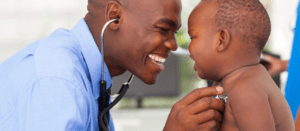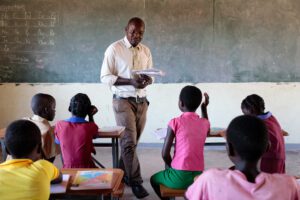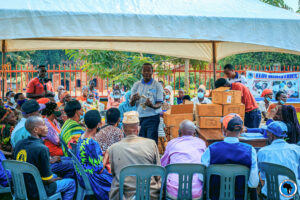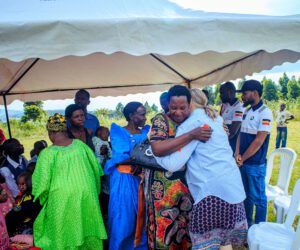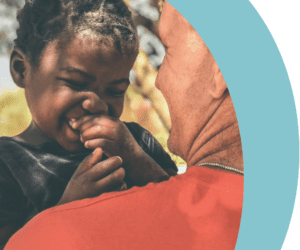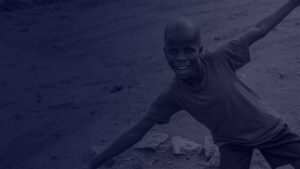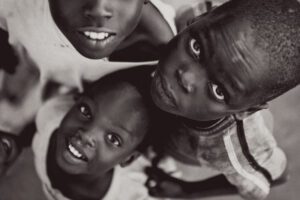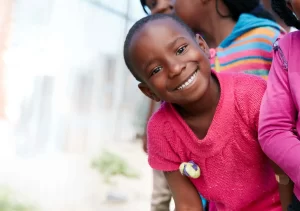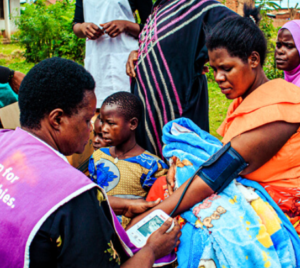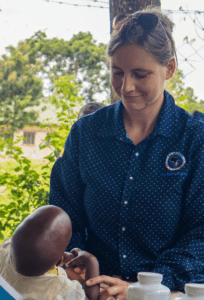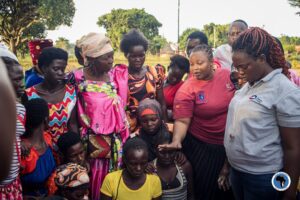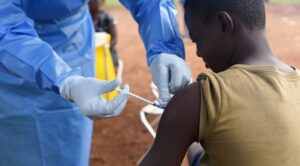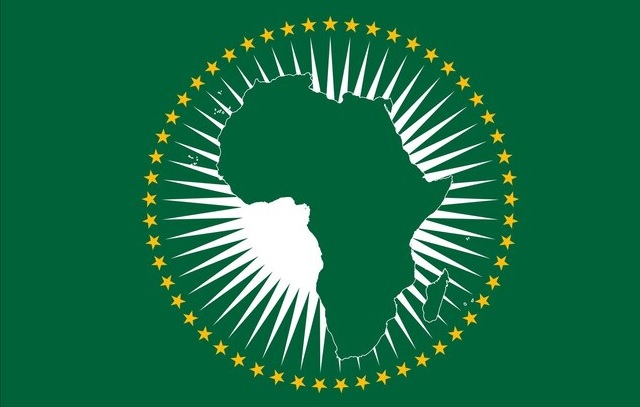
How our mindless quest for development using Western institutions often leads our nations to disaster
THE LAST WORD | Andrew M. Mwenda | I have always wanted to write a book about political governance in Africa. This is because [most of the time] whenever I read anything on governance in Africa: an academic paper, a journalistic article, a book or listen to a lecture or broadcast, I feel people are purveying prejudices rather than knowledge; their presentation is based on axiomatic faith in particular governance assumptions – myth-making, not analysis, is the guiding rule.
This should not be surprising. Most of what is written about governance in Africa is premised on how our governance systems and practices approximate or resemble or deviate from an idealized version of Western European governance models (and their offshoots in North America and Oceania of course). “Good” or “civilized” or “modern” governance is Western. Yet the West has not always been governed the way it is governed today.
The Western governance model of today is a product of the Industrial Revolution and its accompanying transformation of Western societies from rural agrarian societies into urban industrial economies. How was the USA, Britain, France or Denmark governed when its per capita income, per capita revenue, per capita public spending and their social and demographic structure was the same as Uganda today? Do a google search. Their governments relied on the governance strategies such as patronage and repression that our countries in Africa rely on to govern us today.
Therefore, Western governance strategies today do not reflect any intrinsic Western values but are a consequence and a reflection of a particular historical evolution. In Africa we tend to focus on the Western governance ideal, not its actual practice. That ideal is that all people are equal before the law. That public policy is implemented impersonally to anonymous individuals based on by arms-lengths institutional procedures. It is true Western governance approximates that ideal more than other nations. But the West is not perfect, and it has taken them generations to get close to that ideal. If African polities deviate from that ideal, it is not because of any pathology on the part of African politicians and elites. It is because of the circumstances under which our leaders operate.
This is a very controversial proposition to make. How does one explain it without appearing to endorse actions that many people, including African elites themselves, see as pathological? Remember most of us approach analysis of African polities wearing Western lenses. There is little in our lives that is initiated and shaped by us. Most of our identity and aspirations have been set by the West. What are we? We are poor countries. What do we want? We want development. How do we get it? By having good governance. What is good governance? Look at Norway and Denmark.
Therefore, the challenge of development in Uganda is how to turn our country into Denmark. How did Denmark become Denmark? We look at its institutions and the conduct of its leaders. Then we demand that our leaders act like these good Danes. We don’t see that how Denmark is governed today is not the cause of its development but a consequence of it.
The problem is that we think the fount and matrix of development is the state. We imagine that the Danes first built a well governed state. Then this well-governed state midwifed their country’s development. Yet Danes are not rich because of the Danish state. They are rich because of the way they organized their lives through a protracted and decentralized process of social evolution. Therefore, the Danish state is a consequence and a reflection of this process in society generally. The Danish state functions relatively efficiently and effectively because its ways and procedures are rooted in the values, norms and habits of the Danish people.
There is therefore a temptation in Africa to seek to copy and paste the Danish model. I am using Denmark here to refer to Western institutions. In the specific case of Uganda, our institutions and their procedures did not evolve organically out of some deep and wide process of social change in our societies generally. Rather they were imposed on us through colonial conquest; and later, many others have been copied and pasted as “good practice.” We think they can work here as they do in the UK.
Yet for these state institutions to work well, they need a particular type of society. If they work well in Britain, it is because the people who staff them are British. They are infused with British values, norms and habits which they take for granted and act upon intuitively. It is like driving a car. Most of the decisions we make while driving such as braking and indicating as you are about to turn, are intuitive, not based on continuous conscious calculation. If all these driving maneuvers were based on continuous human conscious action, driving would become messy and stressful.
Therefore, the foundation upon which the success of British institutions is built is individual human behaviour and its aggregate consequences. The issue is not the external administrative structure of the state that we study but rather its internal logic. “Good” administrative systems are not intrinsically good. They are good because of the society in which they evolved and are embedded. If you take “good” Danish institutions to Somalia, a country with different values, norms and habits, they become dysfunctional.
In Britain, for example, it is well understood by nearly all citizens that parliament’s role is to legislate. In Uganda, that is also its formal role. But most Ugandan voters see parliament as an instrument for delivering development or modernity to their communities. Voters want their MP to go to Kampala and bring “development” projects to them: roads, bridges, hospitals, schools, irrigation projects etc. At a personal level, the MP is expected to assist them financially whenever they are in difficulty: pay their kids’ fees or medical bills, contribute to funeral and wedding expenses etc. To fail to meet these obligations is to fail in your duty as a leader.
When a Ugandan MP extends such personal generosity using public funds, most voters see him/her as having acted correctly and ethically. All too often, they reward them with reelection. Watch: in the 2026 parliamentary elections, Speaker Anita Among, who built a private hospital [most likely] using public funds will [most likely] win by a landslide in Bukedea. However, if a British MP did similar, there would be a consensus in British society that he/she acted wrongly and criminally, and they would be voted out.
Author:: Bagombeka Job



















